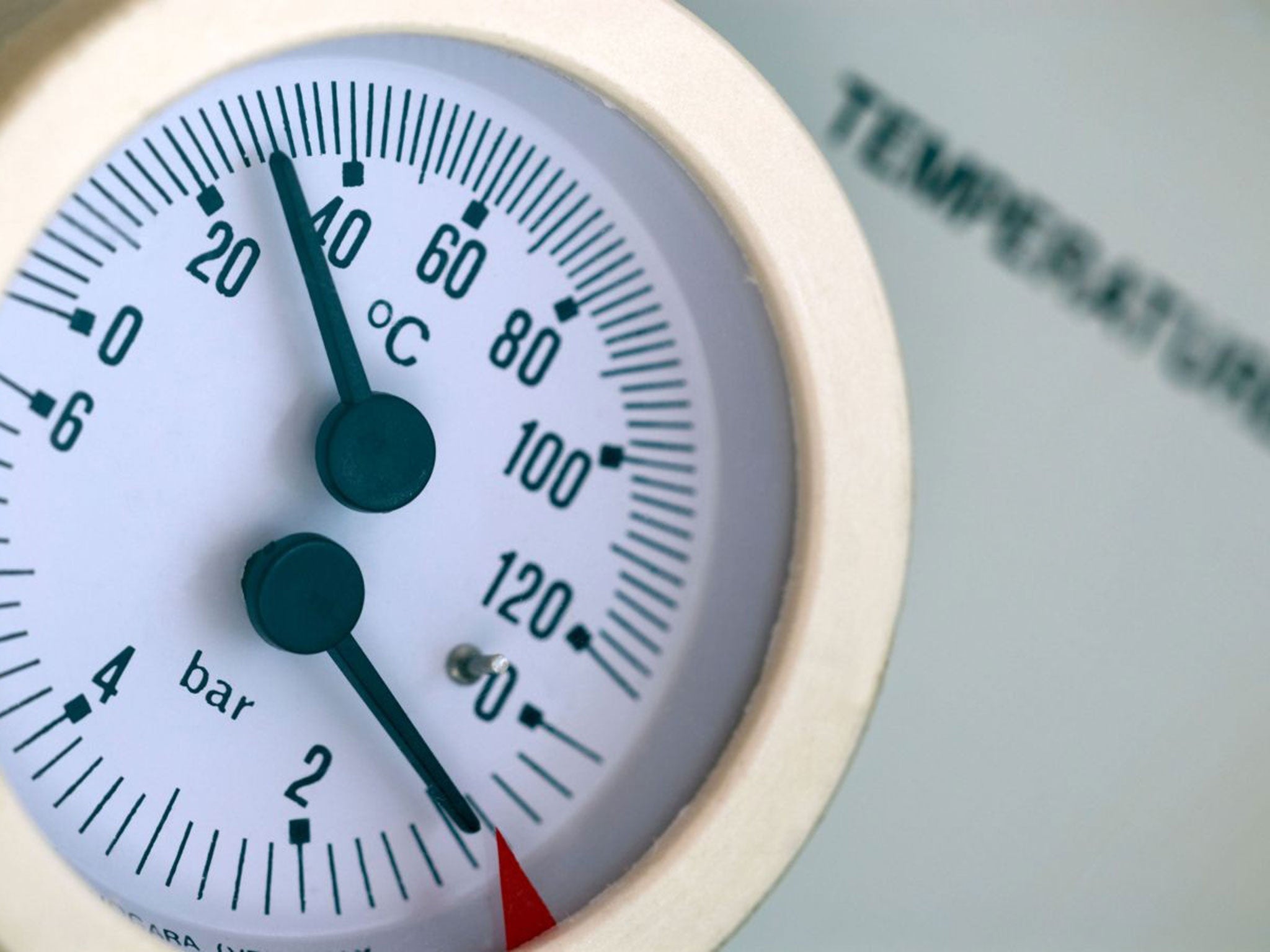Savvy Money: Going away? Make sure your home cover is leak-proof
Burst pipes or broken boilers are bad enough so don't let your insurance leave you high and dry

You're making your final preparations to go and see family and friends over Christmas: you've packed the presents, you've stocked up with mince pies, chocolates, once-a-year liqueurs and you're about to set off. But have you checked your household insurance policy? The answer is probably no. Why on earth would you?
Rising tide of water claims
If you don't know what your home insurance policy covers, you could have a nasty surprise if you need to claim because, for example, a water pipe bursts while you're away. Figures from the Association of British Insurers show that almost one in five claims on home insurance were as a result of 'escape of water' – damage from an internal supply, rather than by water coming in from outside.
£500 excess
Over the past couple of years there seems to have been an increase in the number of insurers that impose a higher excess (the part of any claim payout that is withheld by the insurer) if you make a claim as a result of a burst pipe or other leak, than for other claims. In effect, the excess is a back-door premium rise, so when assessing which policy to go for, be aware that you may not be comparing like with like. A few pounds saved through a cheaper premium can be a false economy if you find you are paying out hundreds when claiming because of a very high excess.
Often, while a £50 policy excess is standard, insurers won't pay the first £250 for frozen/leaking pipe-related claims. I checked a handful of insurers, including Tesco, Aviva, Halifax, Axa, Direct Line and Allianz. Most had an excess of £250 for escape of water claims, but Axa First's policy (one of several Axa policies sold only through brokers) imposes an excess of £500, while Direct Line policies and Axa's bought direct typically have an excess of £350.
Boiler breakdown
It is not just frozen pipes that cause problems. Somehow central heating boilers seem instinctively to know when plumbers are on double time or in short supply. If you have emergency cover included in your home insurance – either as part of the policy or as a paid-for extra – you can claim for the cost of essential repairs.
But you may not get a penny if your boiler is older. Most insurers will allow emergency cover claims for boilers up to the age of 15, but some (such as Direct Line) won't cover boilers over the age of ten. I know that condensing boilers don't tend to last as long as older-style, less-efficient ones, but my understanding is that ten years is not exactly geriatric, even for a condensing boiler.
Several insurers, including Axa, may not pay a boiler-related claim if you cannot show that it's been serviced regularly. Others refer to regular servicing in the policy documents, but insist that it's a recommendation rather than a condition of making a claim. And the Financial Ombudsman Service, the free-to-use complaints service, says it may force a company to pay a claim if not having the boiler serviced didn't cause the problem.
Unoccupied properties
You may have seen a flurry (sorry!) of articles explaining how to prevent frozen pipes. Typically the advice is to leave your heating on at a low temperature and to open your loft door if you have a water tank in the loft. If you're leaving the property empty for anything more than 'a few days' to 60 or more (the time varies from insurer to insurer) or, for example, you're selling an unoccupied property because a relative has died, check what you're expected to do by way of prevention.
Insurers may insist you turn off the heating and electricity and drain the heating system, or that you leave the heating on low. But what counts as a low temperature can vary from ten degrees (Halifax) to 15 degrees (Direct Line).
Get a free fractional share worth up to £100.
Capital at risk.
Terms and conditions apply.
ADVERTISEMENT
Get a free fractional share worth up to £100.
Capital at risk.
Terms and conditions apply.
ADVERTISEMENT
Verdict:
Be aware of the excess levels for water claims. You might not mind paying the first £350 – or more – of a claim, but if you do, there are insurers that impose a lower excess on burst pipe claims. If you're going to leave your property unoccupied for any length of time, make sure you don't fall foul of the policy small print, particularly over the number of days you are allowed to be away from home in a calendar year – but complain if you think the insurer is being unfair. If you do complain, always make a record of the date and time you lodged your complaint and who you spoke to. Once you exhaust the internal complaints system, you then have the right to take your case to the Ombudsman.
Join our commenting forum
Join thought-provoking conversations, follow other Independent readers and see their replies
Comments
Bookmark popover
Removed from bookmarks